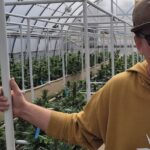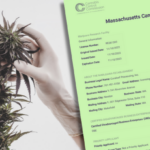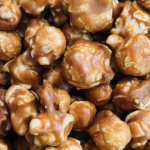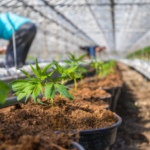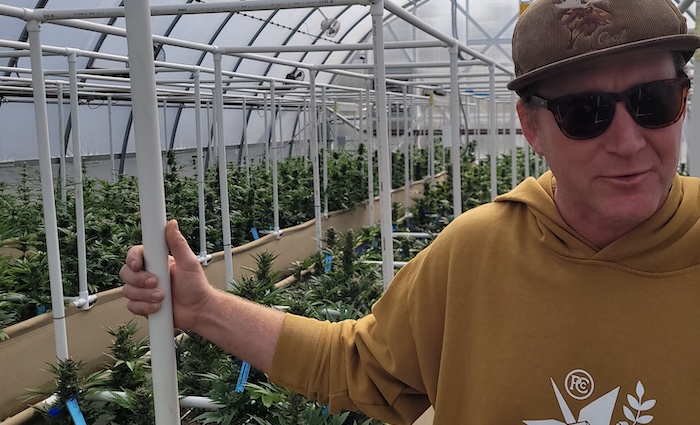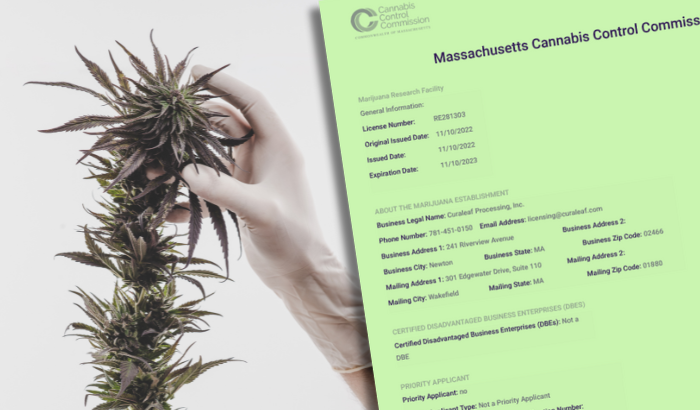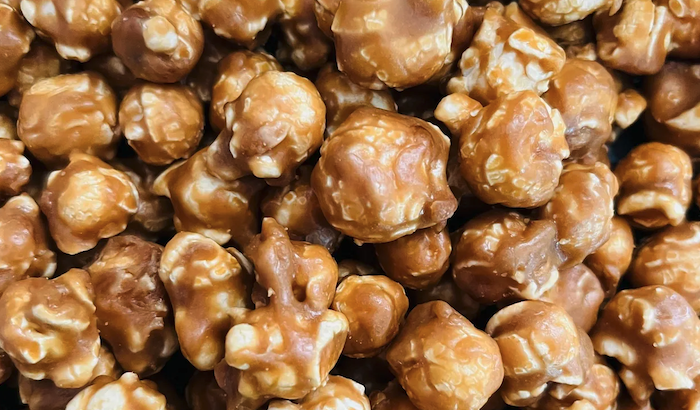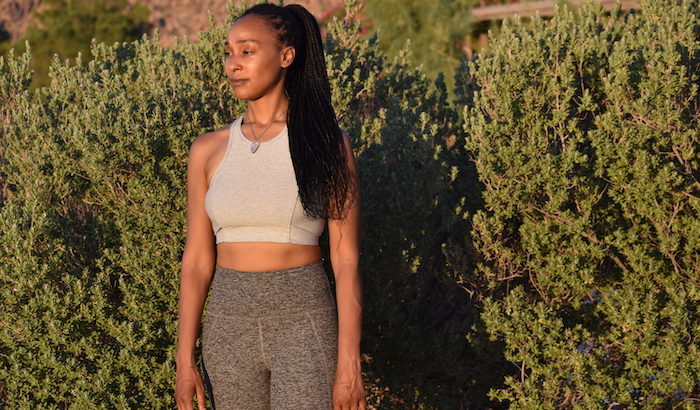
“It’s really not just baking for me, or teaching a yoga class, or cannabis education.”
The story of Kijana Rose is one of the most fascinating and compelling chronicles that I have heard come out of Massachusetts cannabis to date.
At the same time, the experience of the small biz owner and her team at I & I Rose Garden also started and continues to exist outside of the immediate weed industry. Even as they wholesale vegan edibles and build out their cannabis bakery concept, they continue to offer the wellness classes which set their plan in motion several years ago.
With her business hitting milestones but also certain unfortunate walls due to the funding and regulatory issues that many Social Equity licensees are facing, I spoke with Rose about all of the above and much more, retracing her company’s early roots and exploring what they have coming down the line.
Whether you are a consumer or a CEO, I implore you to read our exchange to the end, as I & I Rose Garden’s road up to this point has been filled with riveting (though challenging) twists and turns every step of the way.
You grew up in a Rastafarian household and also come into the cannabis space with a wellness and education background. How does your general mission reflect your influences and experiences?
The way I grew up, what I learned from my family—particularly my mom and dad—is deeply embedded in the work that I do. Growing up Rastafarian exposed me to cannabis, yes, but it also is the foundation of my spirituality, and I wouldn’t be doing this work without my spirituality. It’s really not just baking for me, or teaching a yoga class, or cannabis education. It’s mostly about the fact that I let the universe guide me to my path, especially in the most uncomfortable moments. I stopped fighting and I found everything I needed. The fact that my experiences growing up informed this work and my approach to it confirms for me that I’m exactly where I’m supposed to be, authentically serving the world as has always been intended.
You have been growing since 2015 and running a business in the cannabis space since 2017. Would you describe your origin story as essentially operating a cannabis yoga speakeasy?
A simpler time. I really miss those days. That space came together so organically. It started after I had visited Toronto and was inspired by a ganja yoga class that I had taken, and my first ever trip to a dispensary. I wanted to put my spin on the experience, package it up, and give it to others—because it was just so amazing. Mostly, though, I wanted to educate others so that we could eliminate the stigma associated with cannabis, because it was (still is) prohibiting people who really need it from accessing the plant.
The biggest reason why that space came together was because it was so needed. People needed a safe space to consume, ask questions, try new products and experiences, without feeling like a criminal and having to look over their shoulder. I started putting the weekly classes on Eventbrite, and people started showing up. I can still remember the first class that consisted of more strangers than friends, but it was beautiful because by the end of a class, everyone was a friend. Not just to me, but to each other as well. The people who supported that space are still some of our biggest supporters. They invested in our Mainvest campaign, they still show up to our non-cannabis classes, they are still buying our cookies—but now in the dispensaries.
The CCC is currently writing the regulations for social consumption, and there is a lot of fear mongering happening around the “dangers” of cannabis consumption. It’s not real because we don’t have real data that supports those claims, but this narrative is accepted all the same. I just want to say, though, that in over five years of operating a cannabis yoga studio, I never had one negative incident, nobody ever got hurt, nobody ever hurt me. As a bartender, I was physically and verbally assaulted by drunk people on multiple occasions.
You experimented with a lot of different strains and doses with various effects during those classes. What’s a major takeaway that you’re applying to I & I Rose Garden?
Dosing is nothing to be messed with, and it’s probably what I take most seriously when it comes to this work. Because every body is unique, we all react to cannabis differently, and it’s important that I understand that when I’m creating products and putting them out into the world. Even though I don’t love the limitations of dosing in Massachusetts, I have come to appreciate that we are forced to comply with a 5mg dose, because it makes our products accessible for everyone and it holds us to a standard of consistency.
Can you elaborate on how the situation you found yourself in during the pandemic shifted you towards an edibles-focused model …
When it became obvious that yoga was not going to be a possibility for an unknown amount of time, I knew that I needed to shift focus, mostly because I didn’t want to be bored. I put a menu on my Instagram story and I offered that I would deliver infused baked goods, contact free. That just kind of blew up, to the point where I created a whole website dedicated to ordering edibles, I had a delivery driver, and I was gaining new clients every week. The energy around the edibles was really exciting. I think there were a lot of people that just wanted to support me at first, but then became accustomed to getting fresh-baked edibles delivered to them every Tuesday. And that model lasted right up until I submitted my first application, which ironically was exactly when Square kicked me off their platform and the website got temporarily shut down.
What was the point where you decided to go for two licenses? How did your vision become a business plan?
Initially, I only wanted to get a product manufacturer’s license because I have no interest in operating a dispensary similar to anything we’ve seen. Social consumption is where my heart is, but that’s not available yet. I thought a product manufacturing license would be a good bargaining chip, too, as I approached potential landlords around my neighborhood. I figured no retail would eliminate any fear of long lines or traffic jams, and would therefore bring minimal disruption to the neighborhood. Probably because this was the end of 2020 and the pandemic had forced so many local businesses to close, her reaction was that she, in fact, wanted me to bring long lines to the neighborhood. I was surprised by this, and honestly, quite hesitant. But I figured if I could come up with an experiential concept for a retail store, it would be worth it, so we applied for a retail license at the same time we applied for product manufacturing.
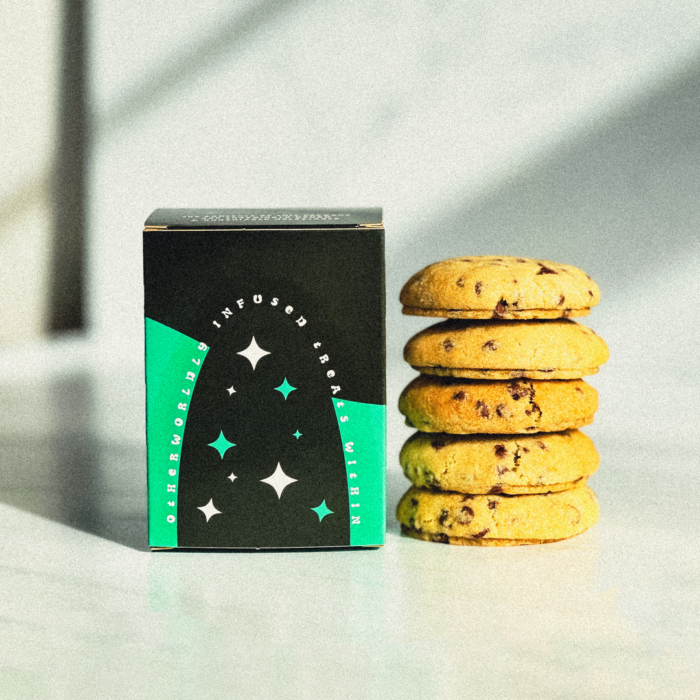
Tell us about the edibles you’re currently making—and please don’t leave out where people can get them, as well as the part about how you have finally given the people of Massachusetts a 20mg cookie. Thanks for that, by the way.
Thank you for appreciating that because it wasn’t easy to do, but absolutely worth it. When I was just a rogue cannabis entrepreneur, most of my edibles were 50mgs or higher, so a 20mg cookie [scored into four 5mg quarters, per regulations] has still been an adjustment for the I & I community, but a good one for sure.
Right now, we have two products on the market: Classic Chocolate Chip and Jaylee’s Lemon Glazed. They are 20mgs each and they are sold individually and as boxes of 5 (for a total of 100mgs). We’re in 3 really cool dispensaries that I also want to shout out.
Our first dispensary was Mello in Haverhill, and they’ve been carrying our products since we got on the scene in February. Our second dispensary was the Heritage Club in Charlestown, another beautiful spot. I especially appreciate the owner of THC and the GM at Mello because they were so committed to giving our products a chance after several dispensaries rejected us. They didn’t want to take a chance on a fresh baked product, they didn’t believe our cookies would sell quickly, and didn’t think they could withstand any type of shelf life. Fortunately, they were wrong.
Our newest dispensary partner is Apotho Therapeutics in Plainville. They have a really amazing team over there, and I feel so lucky to be in such great dispensaries, collaborating with people that I believe in and who also believe in me.
Tell us about the vision for the bakery, and explain why you’re going with a niche idea instead of the traditional cannabis everything store model …
I never wanted a retail store, I can’t stress that enough. I think most dispensaries are so… unoriginal. I mean, I think it’s hilarious that we are selling weed as eighths and quarters—just like on the street. But there isn’t much diversity in the industry, and so not much creativity either.
As I mentioned earlier, when my landlord insisted that I bring lines to the neighborhood through retail, I was hesitant. But I thought this could be an opportunity to maintain some of the excitement from those Instagram days, when every Monday a new menu dropped and some goodies were still warm when they were delivered. Because there is nothing, in my opinion, more amazing than a fresh fried doughnut or a warm cinnamon roll, and I wanted to be able to offer that to my community.
Whatever our retail was going to be, it absolutely had to be an experience. I figured, if there was a way to make the edible the experience, this could work. However, the business was never just about edibles, and I wanted to stay true to that. By 2020, I was teaching yoga, coaching, hosting infused dinners, creating herbal tea blends and herbal prerolls, making salves, all in addition to the edibles. A lot of my work and my life is guided by astrology and tarot, and those tools have been monumental for me. I thought it would be cool to use astrology and tarot to also inform cannabis consumption, which I’ve been doing in my personal life. Also, I don’t really know anywhere something like that exists.
So, we’ve created a retail concept that incorporates everything. When we finally get open, customers will be able to order online for a quick pick up. Those looking to experience the store will have to book an appointment. That could be a 15 minute consultation, to give us an understanding of what you’re looking for and an opportunity to make thoughtful suggestions. Or, if they have some more time, they can book an astrology chart reading, a tarot card reading, or an aura reading, and we will provide product suggestions based on their reading. In addition to edibles, we’ll be making custom cannabis tea blends and herbal infused prerolls.
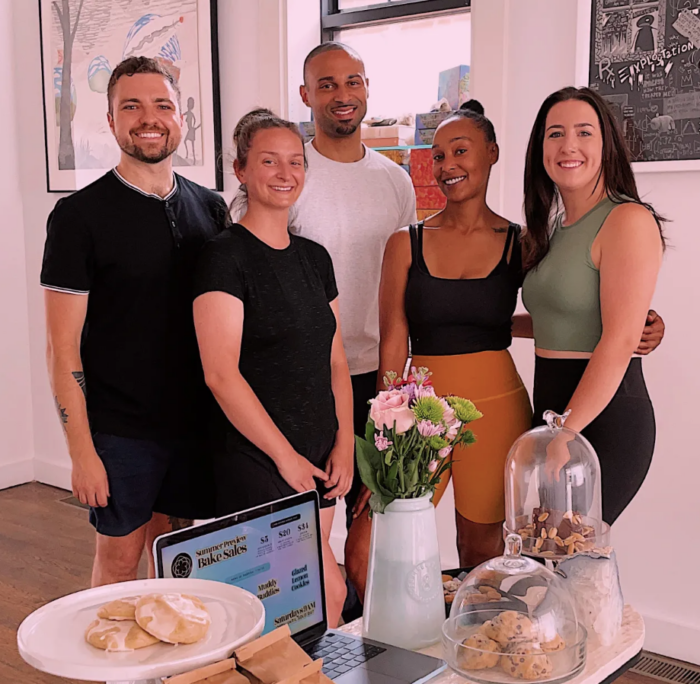
You’ve come extremely far on a relatively small budget. What’s been a struggle you hope others coming up behind you following a similar path can avoid, whether through guidance or legislation?
I pray that this process only gets easier for everyone coming next, especially the Black girls. I heard someone say in a [Cannabis Control Commission] hearing the other day that Black men have struggled the most to get in the industry. It’s not a competition of struggles, but that’s not been my reality.
On a legislative note, I hope that the commission figures out a way to shorten the licensing process, which would inevitably make it a lot cheaper. It’s a pay-to-play game, and most people that look like me simply do not have the entry fee, which goes up everyday. I’m still scraping my coins together. That’s why we see the same old dispensaries popping up, because it’s the same people who are able to get through. It makes me sad, especially when I see people give up on a dream of theirs because they can’t afford to pay rent on a space for years before it will become open. Cannabis consumers deserve better. Cannabis entrepreneurs deserve better. The plant itself deserves better. I hope we get regulators and commissioners who actually care about creating a dynamic industry, who truly want to see it thrive.
Finally, what stars still need to align and what t’s need to be crossed at this point for your team to finally get your full plan over the finish line?
We are so close, but we are stuck right now because of money. Our goal was to raise the bare minimum necessary to finish our product manufacturing license and generate enough revenue through wholesale to finish the retail license. We haven’t achieved that, it’s been much harder than we expected it to be, so we’re learning to pivot however best we can. It’s also challenging because none of us, myself included, are able to do this work full time. Right now, we have our provisional retail license, and we are looking at about four months of inspection time once we are able to finish our build out in the store. My hope is that we get to open our bakery before the end of 2023.




